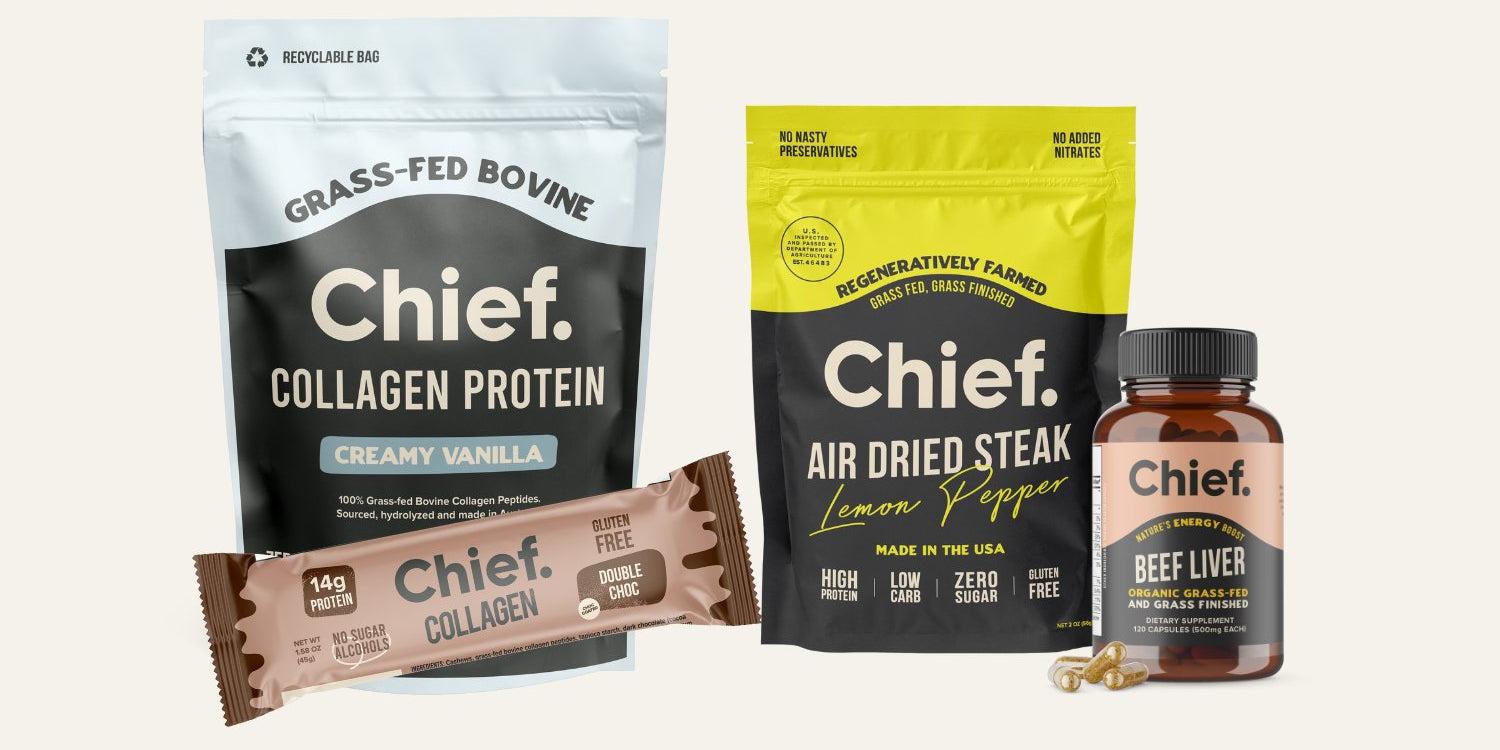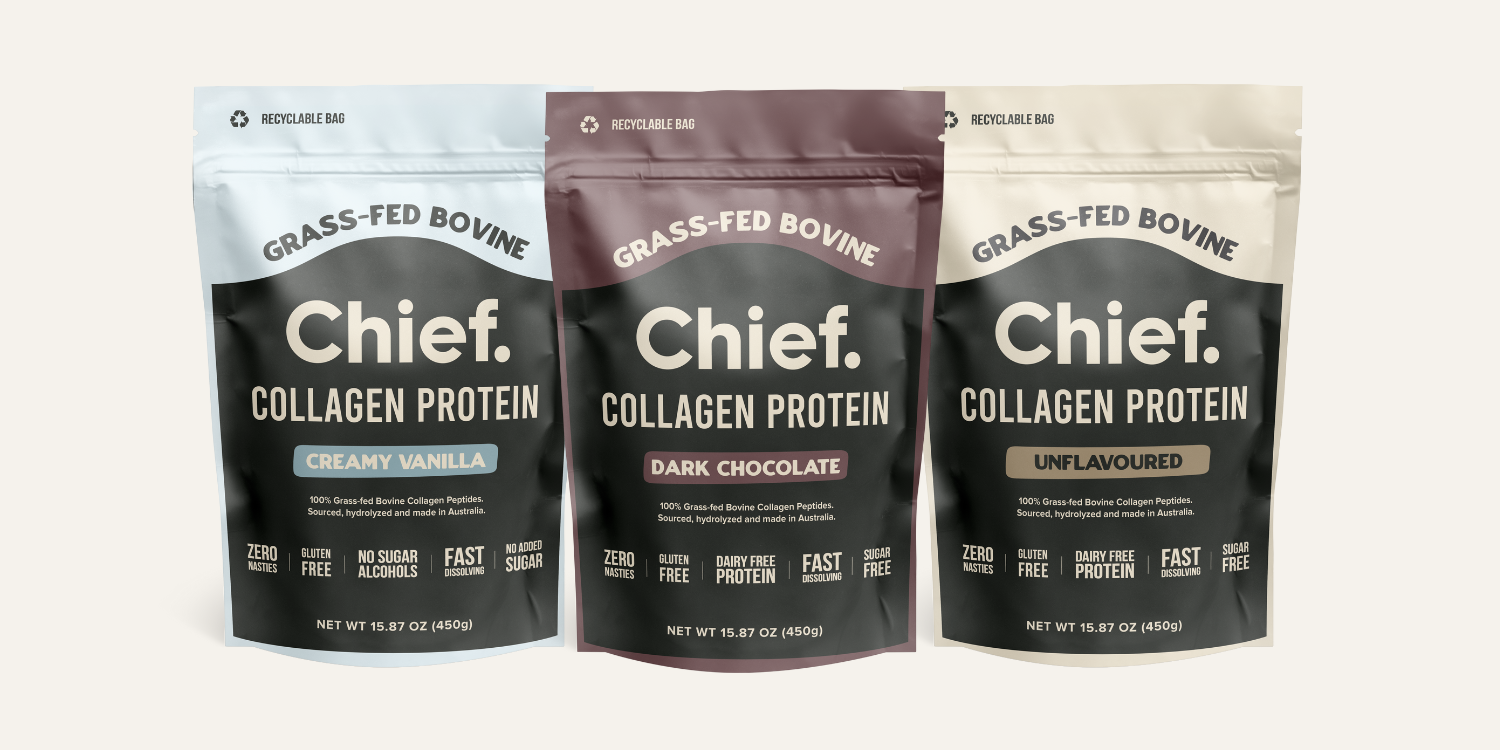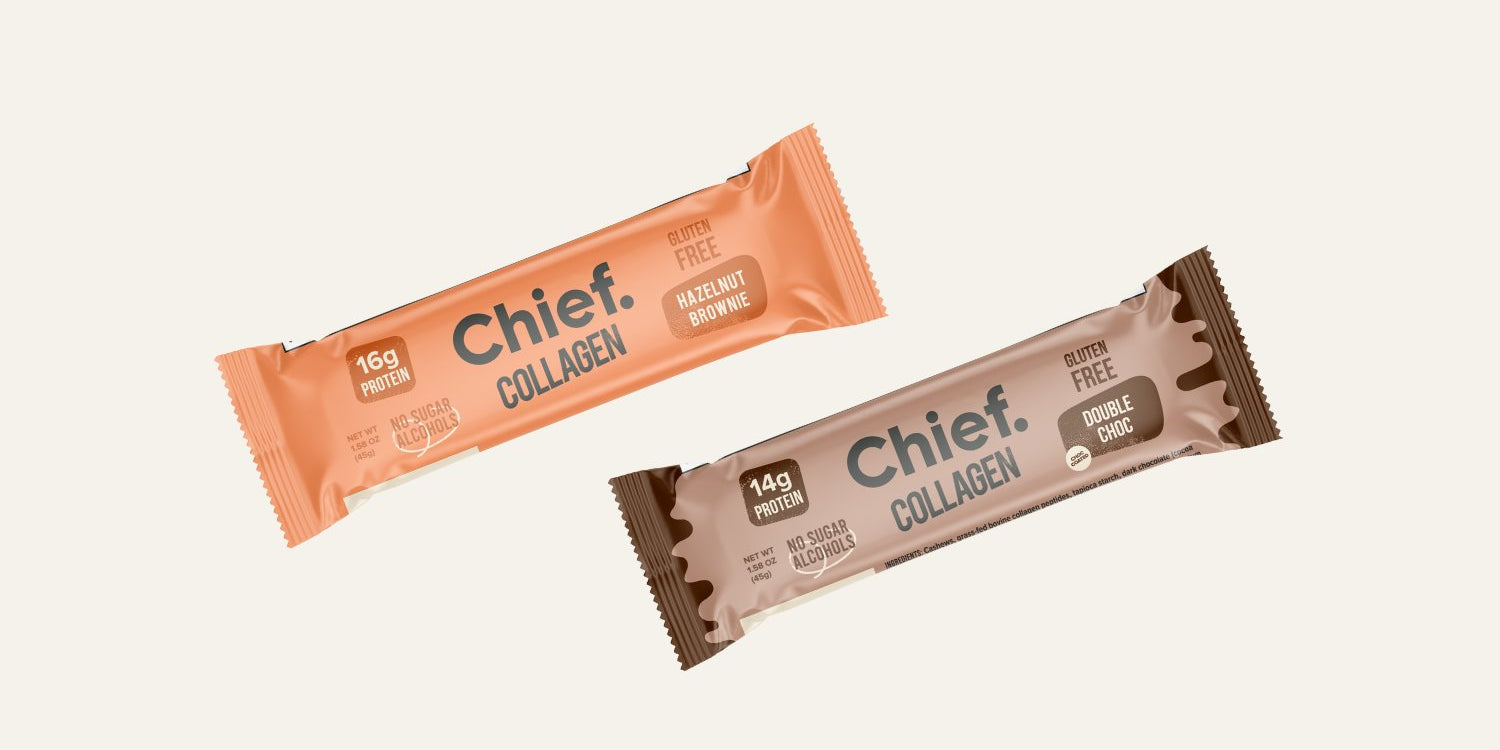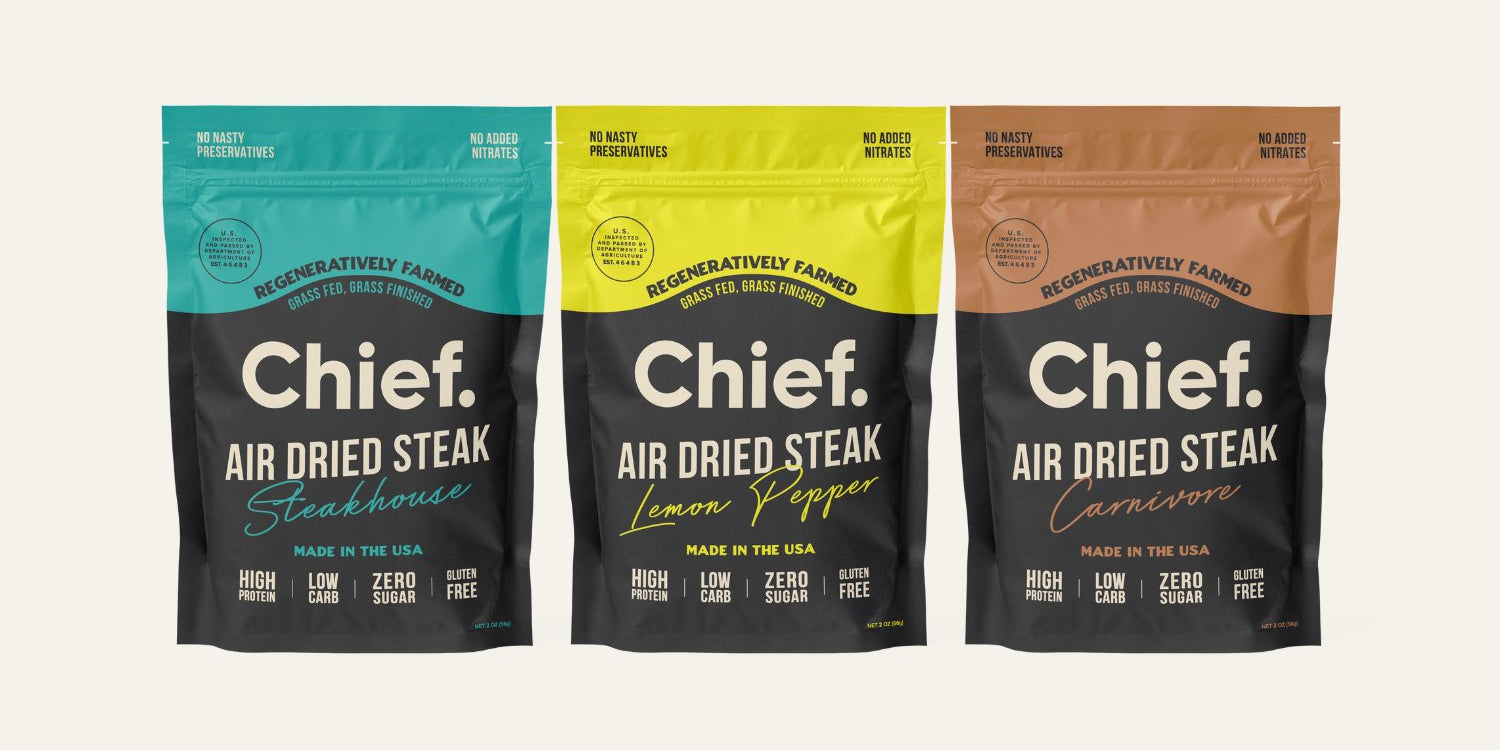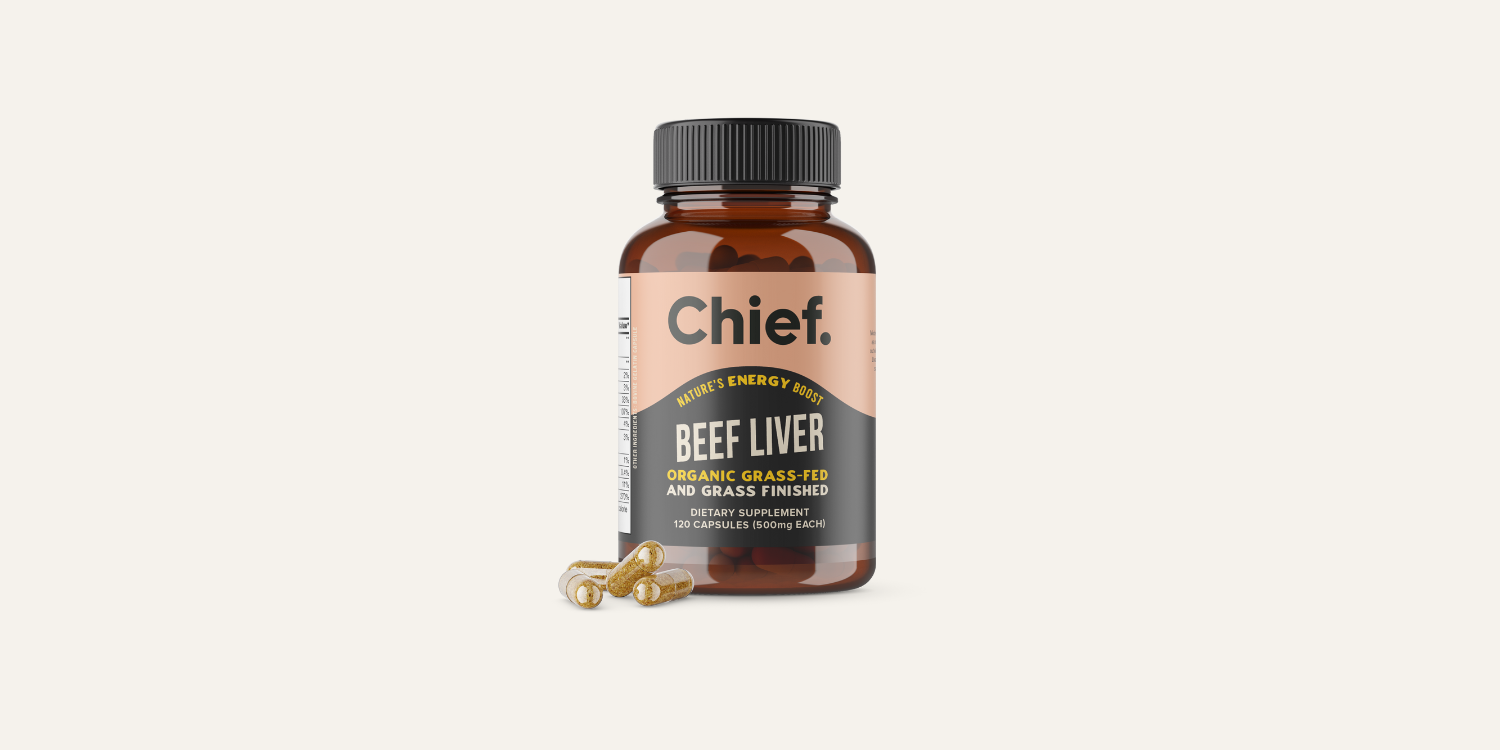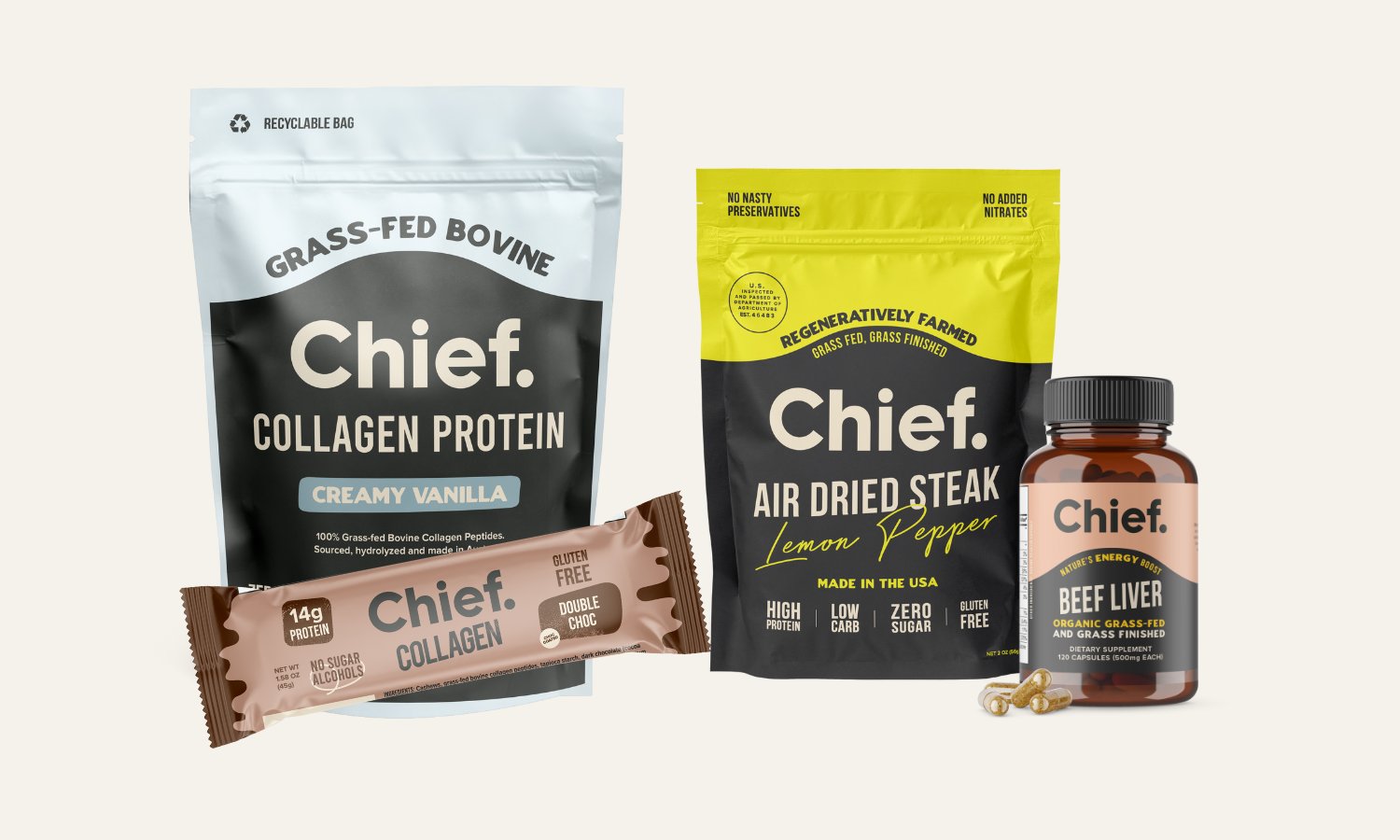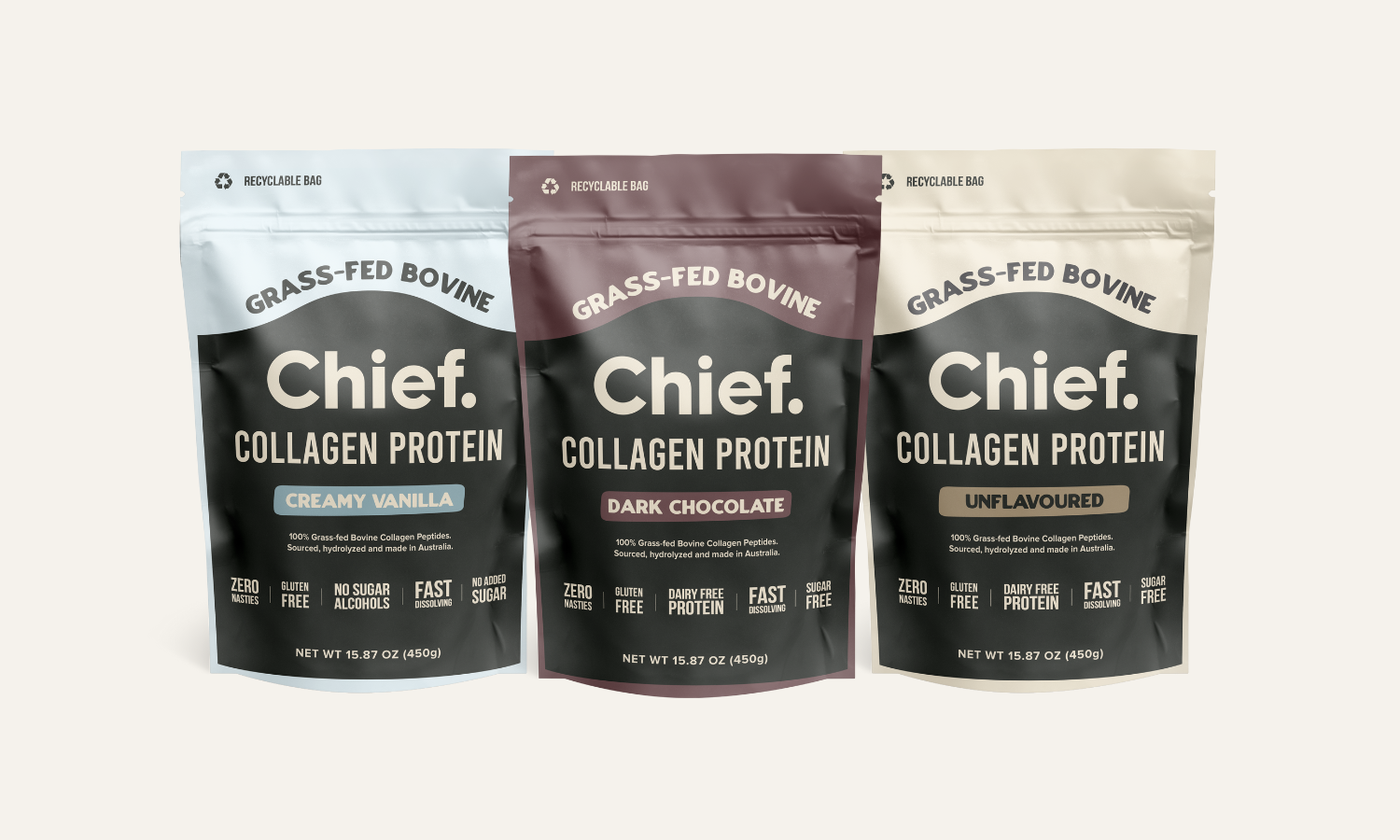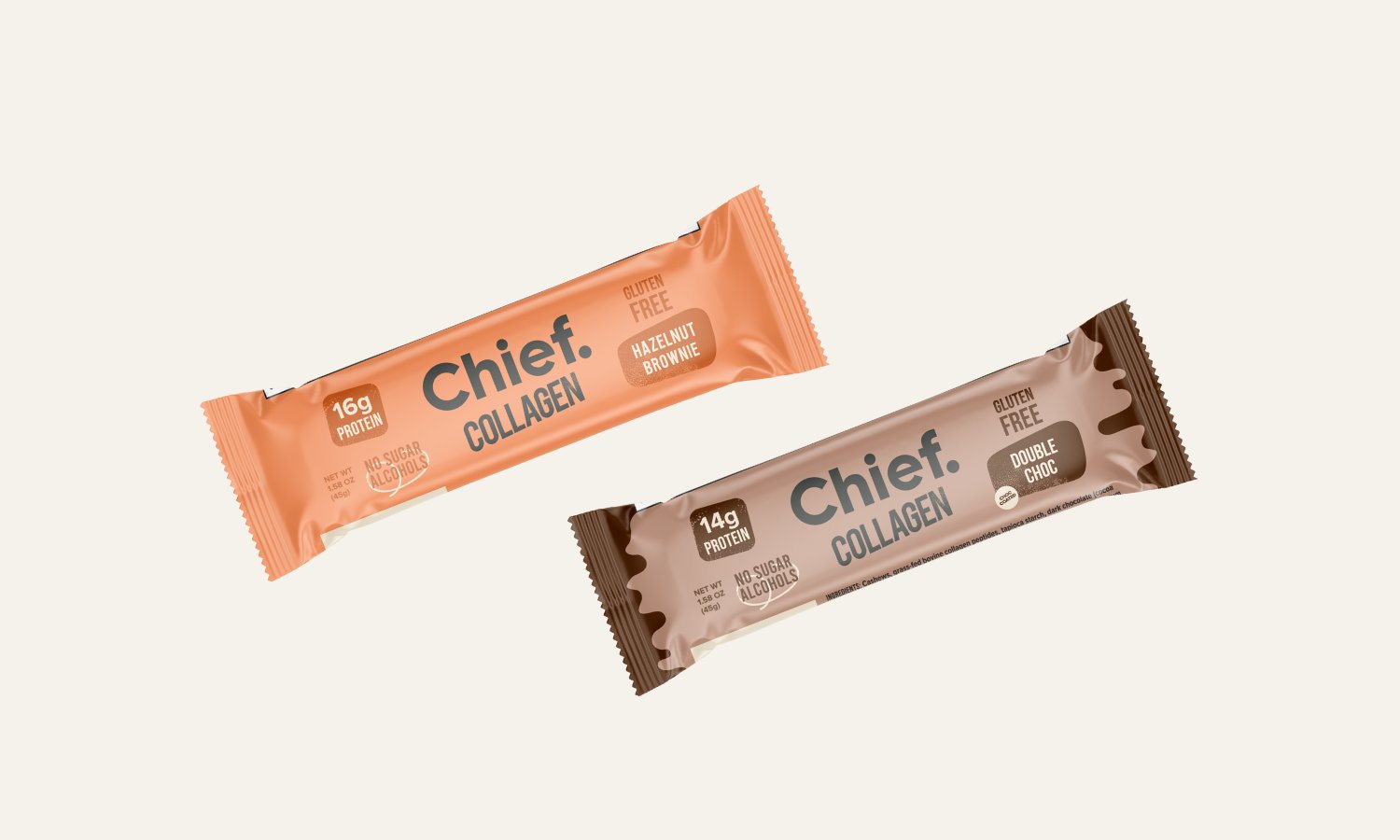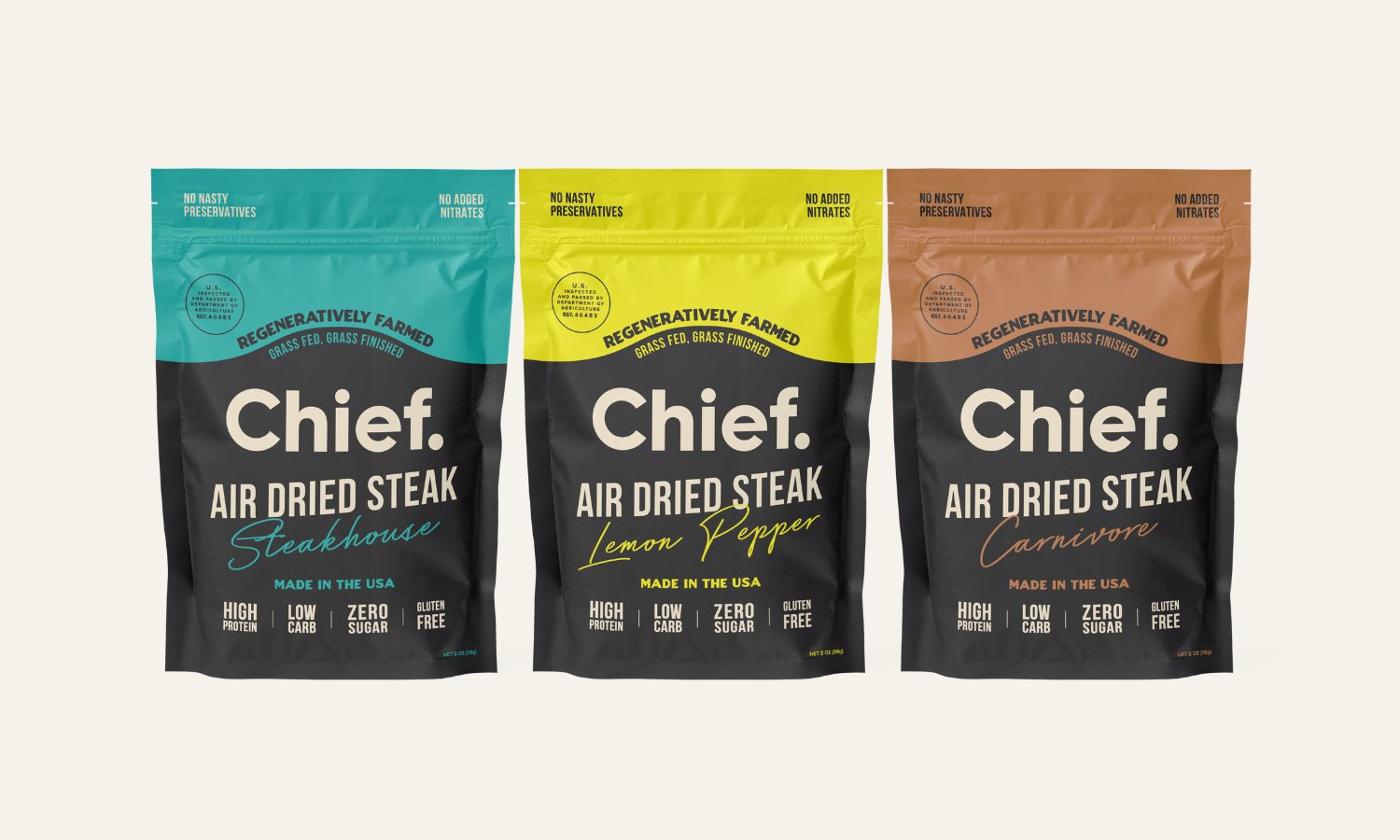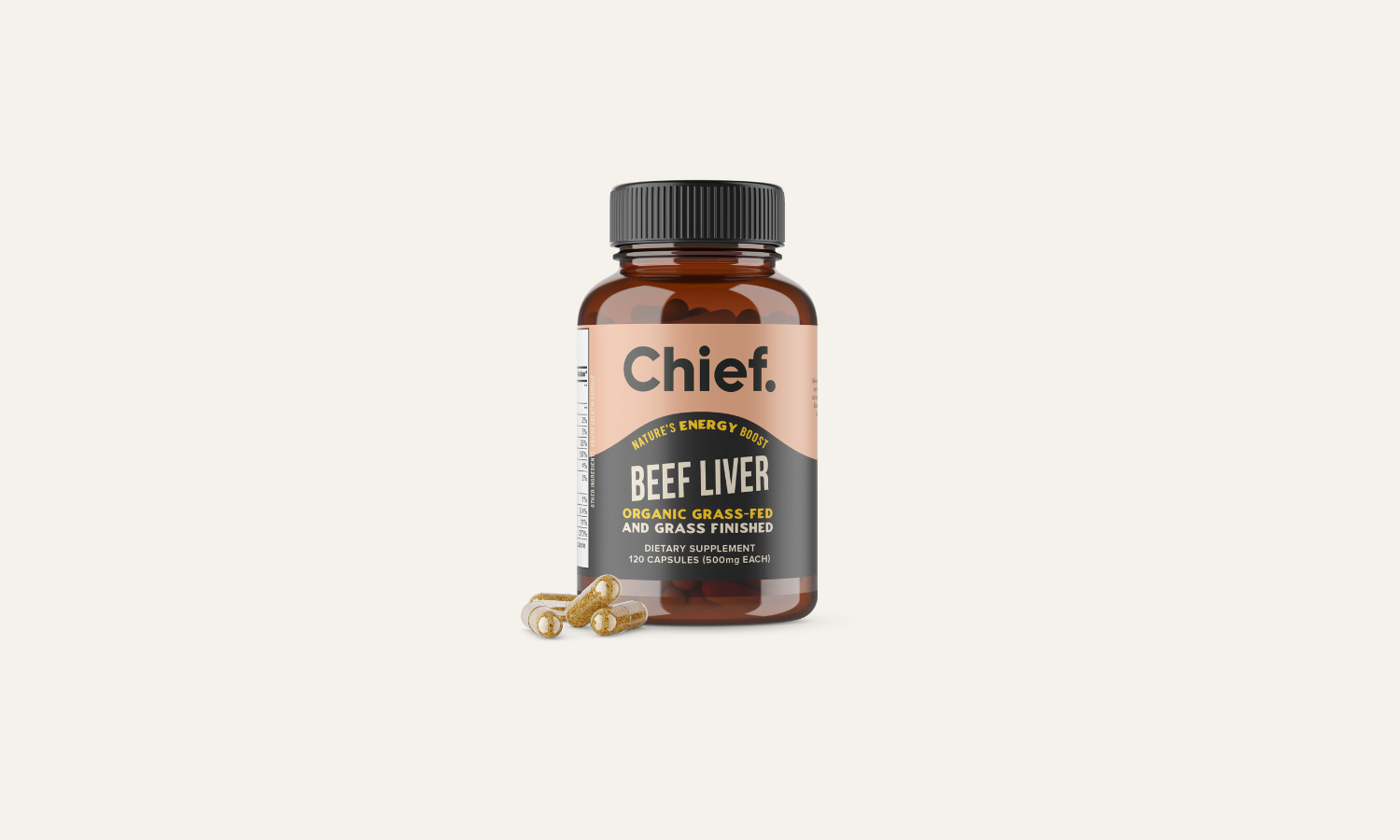“What? You don’t eat vegetables? Like none? Ever?”
These are the most common reactions I get when I tell people I follow a carnivore diet.
The shock is genuine; although not nearly as intense as it was six years ago when I adopted this way of eating (WOE). Nowadays, reactions are more of curiosity and intrigue. Information about a carnivorous diet is now accessible through mainstream channels, due to influencers like Shawn Baker, Jordan and Mikhaila Peterson and more recently ‘steak and butter gal’ Bella, who have brought this lifestyle choice out of the “fad” pond and into the “health” pool. Nevertheless, this lifestyle or WOE is still viewed as extreme; ironic given that history tells us it’s the closest we can get to a species-specific ancestral diet in today’s modern society.
Like many health professionals who end up in this space, my journey began with my own health issues, none of which were related to mental health. In fact, I didn’t even realize I was suffering from mental health issues because, like many others, I considered the persistent low-level anxiety or depression to be ‘normal’. When asked if I had anxiety or depression, I would always say no. It wasn’t until I found the carnivore diet that I realized how much anxiety and depression I had been experiencing, and that it was not normal at all. I didn’t know what “well” felt like.
We have become a species of such poor health that even our doctors and health professionals are no longer in the habit of challenging some of these beliefs. It has become the new normal to feel poorly both physically and mentally.
When I first started investigating my own health concerns, including persistent fatigue after my third child (now fifteen years old), I looked for answers from a haematologist. I have hemochromatosis and I had read that this blood disorder of iron overload could cause some of the symptoms I was experiencing. In the letter back to my referring doctor, the haematologist wrote that my blood tests were fine and that “judging by her one-year-old today who was a bit sniffly and perhaps a little worse for wear after her drive over, she has more than enough reason to be tired at home.” I was only 31 at the time.
Why are symptoms such as fatigue minimized and put in the ‘normal’ category? As if we are not designed to be lively and energetic beings both before and after having children. Like we used it all up before kids – before we needed it the most. Like its normal to walk around like a zombie moaning at our kids wishing we could curl up in a ball, away from the world and watch Netflix.
In February 2016, at my worst, I wrote down all my symptoms. Someone told me to do this because “once you get better, you will forget how bad it was.” Like a bad cold or worse, labour! And they were right. I know now that it was bad and debilitating, but I had forgotten how bad it actually was until I found this 8-year-old journal entry. There was the tiredness, the tenderness in my abdomen that had been there for years, the gut issues, the headaches, the nausea, the low blood pressure, the head spins when standing, the sore joints, and the itchy skin. Somewhere in there, I had also been diagnosed with Hashimoto’s, which in and of itself came with a long list of awful symptoms.
But the part that hit me the hardest when reading this time capsule piece, was the part describing how I felt emotionally. I had in fact, forgotten this. It read:
And then I found Vanessa Spina, the ketogenic girl, whose program would ultimately turn this hopeless journey around. The ketogenic diet improved my health significantly and dramatically. I became totally immersed in the information and understanding how and why this was helping me so much. I was consumed to say the least. It was during this time following the ‘keto’ WOE that I came across people like Sally Norton, an oxalate expert (anyone who has experienced kidney stones will know what these are) and other researches bringing to light the dark side of plant foods. So, when I found the Shawn Baker podcast with Joe Rogan outlining his plant free diet I thought, ‘What could it hurt?’ Surely a month without vegetation won’t kill me. So, I committed to a month, just to see what would happen. As a life member of the ‘veggies equal health’ paradigm, I was nervous, to say the least. But if Shawn Baker didn’t die, then surely, I would be okay.
Three days in, my stomach felt better than it ever had in my adult life and throughout the month many more of my symptoms started to improve. The biggest change that I noticed, which was completely unexpected, was how connected I felt. I felt human again. Slowly but surely, I was returning to myself. I wasn’t acting like me anymore because I was me. I was back and even though it would take time to re-establish myself in this newfound energy and well-being, it had finally happened. I was me, and with that came hope!
Six years later, here I am. I oscillate between ‘dirty’ carnivore (95% meat) and relatively strict (meat plus coffee) depending on how I feel and where I am in the world. I am healthier, more productive, and happier than I have been my whole adult life.
So, what do we now know about the effect of food on our mood outside of my N=1?
There are many well-known studies, including empirical data, that conclude a diet with meat is superior for mental health compared to a diet without (NIH systemic review). But what percentage of animal food products do we need to include in our diet to fit a successful treatment protocol? Thanks to pioneers in the field such as Psychiatrists Dr. Georgia Ede (change your diet, change your mind) and Dr. Chris Palmer (Brain Energy) and many others who are using metabolic interventions for mental health, we have some very promising research that suggests that what we eat can be used as effectively, if not more effectively in some circumstances (and more safely), than medication.
Take, for example, the study completed by psychiatrist Dr Albert Dana, where he put 31 of his (medication) treatment-resistant patients on a mostly animal-based ketogenic diet for 30 days. The patients all had severe and persistent mental illnesses such as major depressive disorder, bipolar disorder, and schizoaffective disorder. Of the 28 patients that were able to stay on the diet, all of them had significant and substantial improvement in their mental health, including depression and psychosis symptoms. A whopping 44% went into remission.
With mental health conditions rising at a rapid rate, and medical interventions often having poor results or undesirable side effects, it is encouraging to think that there could be a solution out there that is indiscriminately accessible, low cost, and comes with minimal side effects. Statistics suggest that major depression is currently one of the leading causes of disability in the world. In Australia, the most recent ABS study on mental health shows a steep incline in mental health conditions. The study suggests that currently, over 40% of people over 16 have experienced some form of mental disorder in their life with 1 in 5 experiencing this condition for at least 12 months. This statistic increases to more than 1 in 3 people in the younger age bracket of 16 to 25. If these conditions are rising, then logic would say current treatments aren’t working or, at the very least, need alternate options.
But is it carbs and sugar or is it plants in general that make the difference? Most ketogenic diets, like those used by Dr. Palmer and Dr. Ede, are very low in carbohydrates and therefore low in plants anyway. For me, the ketogenic diet fixed so many of my health issues. The engine powered up again, and I felt like I’d been plugged back into life. But it wasn’t until I gave up the fodder that my robust emotional self returned. Nonsense, right? How can a few veggies have such a huge impact?
Well, most of us have come across research suggesting that grains can be problematic, and most people who cut out gluten, at the very least, will see big improvements in their health overall (wheat belly and grain brain are great books). Grains contain lectins (among other protective chemicals), an anti-nutrient made by plants to keep predators from eating them. The most toxic lectin-filled plant food is beans. If not prepared properly, to break down and remove the lectins, beans can actually kill you. Hashimoto’s is now believed to be a lectin-induced autoimmune condition, which would explain why I had a complete reversal of this disease when I cut them all out. Dr. Paul Mason has become known as an expert in this area and has a great YouTube video on this topic. He was also my doctor when I started my carnivore journey. Another leader in the field I am very grateful for. For a wider net on the plant toxin topic check out Dr Anthony Chaffee’s podcast, the plant free MD, who I might add will be giving a talk in Sydney to coincide with the launch of Chief's Carnivore products. If my story has at all peaked your interest this will be well worth your time.
All plants have some form of anti-nutrient designed to keep away predators, and many of these toxins, in high doses, can cause havoc in your body. Look at mushrooms as another example. Crime podcast lovers will be well aware of the insidious use of the death cap mushroom and the poison pie. These plants can kill quicker than cyanide (also derived from plants). Even the World Health Organisation (WHO) has a dedicated page to plant toxins, highlighting the caution needed when including these fruits and vegetables into your everyday diet.
I don’t think everyone has to go on a strict carnivore diet to improve their mood with food
And you certainly don’t have to start there. However, some may find they have to. Take for example Jordan Peterson who did not resolve his depression with a ‘mostly meat’ ketogenic diet. It wasn’t until he completely removed the minimal amounts of iceberg lettuce and other ‘benign’ vegetables he was still eating that he found full reversal of his depression.
I recently posted a quick 48-hour survey on the ‘world carnivore tribe’ Facebook page to gauge how many people found an ‘improvement in their mental health’ since going on a carnivore diet. Most people don’t start this WOE for mental health reasons, so I guessed the results would be even more significant and I was right. The responses included, no improvement, mild, moderate or significant improvement and a final box for a decline in mental health. No one reported a decline.
Of the 122 responses, a whopping 3 out 4 responders (74%) said that the carnivore diet improved their mental health significantly. 14% said the diet improved their mental health moderately, 7% said they had a mild improvement and only 5% of responders saw no change. In summary, 95% of responders had some sort of improvement in their mental health and of those, almost 80% reported significant improvement. Although this was a quick and quite generic data collection, these results are meaningful. It would be an interesting study if we asked the same question of medication for mental health? And at what cost to the patient and their overall wellbeing?
So where would one start if they wanted to try this WOE for their mental health? I would start by reading Dr Georgia Ede’s book “Change your diet, change your mind”. Dr Ede looks at this process as the psychology of subtraction. The health and food marketing industries are constantly telling us what we need to ADD to our diet to make us better including things like super foods, super antioxidants, highly concentrated greens, highly absorbable compounded vitamins, concentrated berry powder, phenols, retinols the list is exhaustive. But the magic of diet for mood happens when we SUBTRACT everything from our diet that isn’t species specific or is potentially harmful. The ultimate elimination diet that we can then build up from to find what is optimal individually.
Most plants by nature do not want us to eat them. They are filled with naturally occurring toxins and anti-nutrients that are aimed at keeping us and other animals at bay. Coined by Dr Ede as ‘biochemical warfare of the plant world’ some of these chemicals will poison our brain at a more rapid rate than others, but all plants have toxins, and this is really important to know when deciding where you want to start.
So, if you have been curious about the carnivore diet or even meat based low carb, will you take the leap like I did? Surely a month won’t kill you.
If trying the Carnivore diet seems like something you are interested in, check out the Chief Carnivore Biltong, perfect for the strict carnivore. If you are more sold on being a "dirty carnivore" the Organic Beef Bars are perfect for you.

Jenny Flanery
Registered Psychologist

